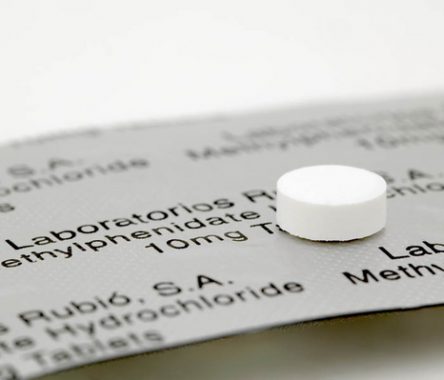The current paradigm of mental health is flawed. The diagnostic criteria within the mental health bible, the DSM, are treated as absolute in fact, however they constantly change. For example, in the 1970s the DSM once deemed homosexuality a disorder [1]. The reality is most of these conditions are merely the ‘opinion’ of a few distant academics. And 70% of these academics have financial links to Big Pharma [2]. Today mental health has become the biggest billion dollar business in healthcare, based on the idea of a ‘chemical imbalance’ biological model that can be ‘treated’ with medication.
Modern society considers these normal characteristics problematic
Questioning this current biological model can lead to accusations of being dismissive of mental illness and a tirade of abuse on today’s illiberal social media platforms. There is no proper debate or challenge of this biological model. But this label gun approach and medication for all is causing real harm. We are witnessing persistent disease creep, with 25% of the population now reportedly having a mental illness on a yearly basis [3]. But such numbers surely means normal mental experience is being medicalised?
For example, in ADHD, I have witnessed ever growing numbers of children labelled as having the disorder, the vast majority of who are boys. This is reflected in a 50% rise in stimulant prescriptions in the last five years in England, to 1.2 million scripts a year [4]. Also I have witnessed a significant increase in drug seeking behaviours, dependence and withdrawal reactions to these stimulant medications [5]. Yet there remains the fundamental question – do the diagnostic criteria for ADHD hold up to scrutiny? Is there a biological basis for this condition or is it behavioural?
Let’s scrutinise the diagnostic criteria. I have done an online self-testing questionnaire [6] and even at 50 I still tick many of these boxes! The criteria include ‘fidgets’, ‘runs about or climbs’, ‘on the go’, interrupts’, ‘does not seem to listen’,’ does not give close attention to details’, ‘loses thing’, ‘easily distracted’. This gives a flavour of the non-specific meaningless diagnostic criteria. These are common and normal male traits. For ADHD is a male problem: hyperactive, impulsive, inattentive and prone to risk taking. But through the eons hasn’t risk taking and impulsiveness been a major part of the engine of human development?
Modern society considers these normal characteristics problematic. Today we expect boys to sit in the classroom for six hours a day, dutiful and quietly completing Maths, English and colouring in. Today’s parents are older, have few children, lack parenting experience and have a blinding obsession with schooling. Modern society has different expectations of boys than in the past. And instead of recognising this as a cultural issue, we have found it easier to medicalise these non-complaint behaviours as an ‘illness’. In the USA this is epidemic, with 15% of children labelled with ADHD, and one in 20 medicated [7]. Yet there is no evidence this is biological problem. The rise of ADHD does not reflect a change in boys but a change in societies attitudes towards boys. Medicine is aiding and abetting the marginalisation of boys.
This is accompanied by medication of the ‘biological’ disease. Dr Camilla Groth who authored a recent Cochrane review concluded, ‘this review shows limited quality evidence for the effects of methylphenidate on children and adolescents with ADHD’ [8]. But this doesn’t stop big business, with prescriptions in the US worth about $13bn and set to grow. [9]
We need new thinking. Exercise and sports improve conduction [10, 11, 12], family therapy works [13], poor behaviours are linked to poor sleep patterns [14] and high technology usage [15]. Children need consistent and set boundaries. Anyone with boys will know that this is all intuitively true. We need behavioural solutions to behavioural problems presenting in ADHD. Big Pharma and psychiatry’s current biological model of ADHD is simplistic, reductionist, unscientific, illogical and defies common sense. Schools and society are failing boys and boys should be free from the growing threat of a childhood chemical cosh. Let’s make this a mental health priority.
Dr Des Spence is a GP in Maryhill, Glasgow, and a tutor at the University of Glasgow
Pulse October survey
Take our July 2025 survey to potentially win £1.000 worth of tokens













